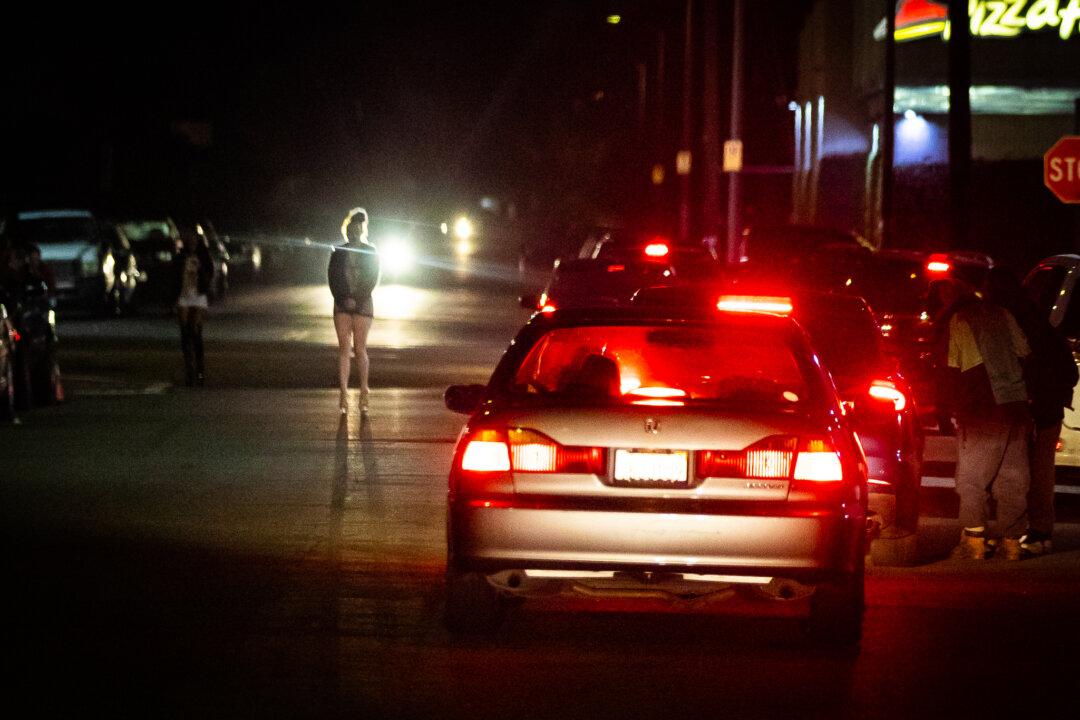Democratic lawmakers in California quashed an attempt on April 2 to recriminalize loitering for prostitution.
Senate Bill 1219, introduced by state Sen. Kelly Seyarto, a Republican, would make impeding traffic and loitering in a public place with the intent to direct or solicit prostitution a crime again.





